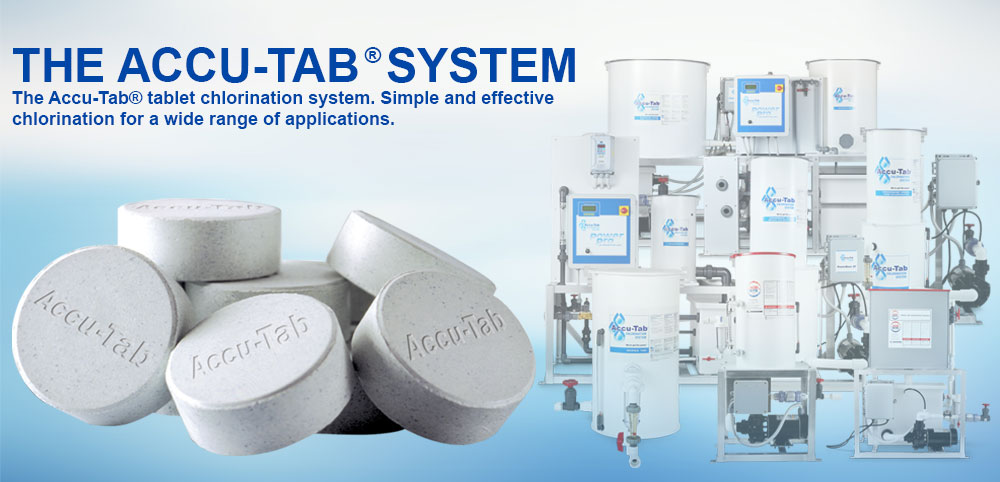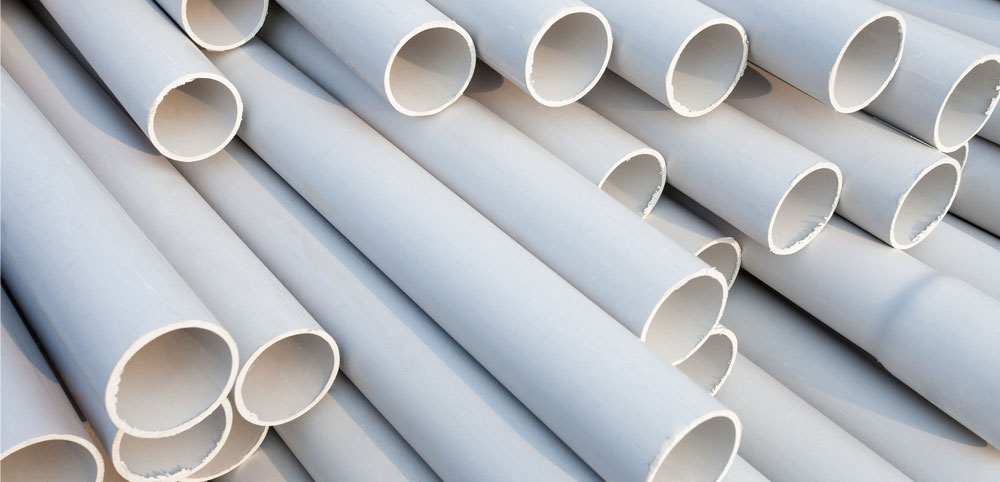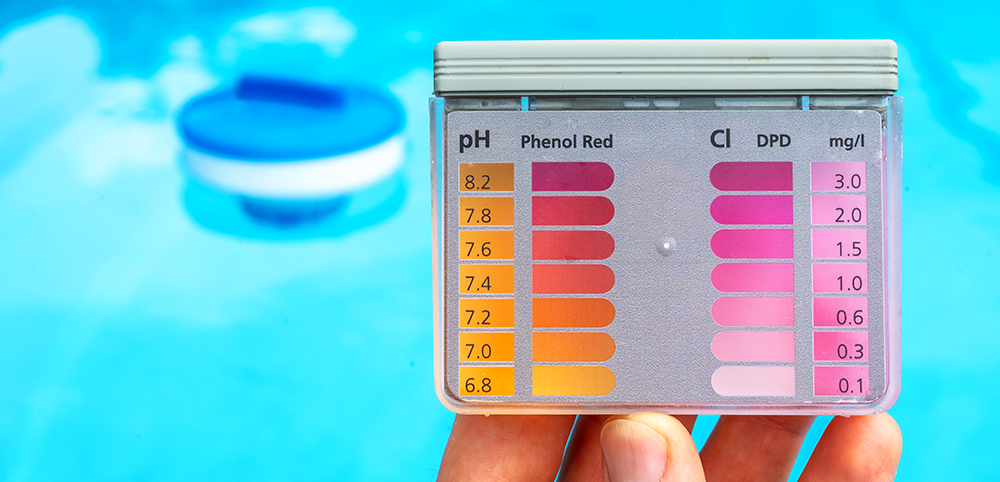If you are using sodium hypochlorite (liquid bleach) to chlorinate your aquatic facility, you’re probably resigned to the hassles and inefficiencies that come along with a bleach system. A review of the pros and cons will help you discover a more consistent and safer alternative.
Why make your job more stressful than it need be?
The simpler, proven and more effective performance of calcium hypochlorite (cal-hypo) tablet-based systems removes the difficulties associated with bleach while also helping your aquatic facility’s bottom line.
Safety First
You emphasize safety first to the people who use your pool, so why not broaden that idea to include your pump room operations?
Liquid bleach is stored in heavy drums and large polyethene tanks (55-gallon barrels weigh 555 pounds and have the potential for leaks). Personnel handling these heavy spill-prone canisters need to wear protective clothing, and guard against unintentional mixing with acid which can create dangerous fumes. This is especially important where pump room facilities may be monitored by part-time summer help.
And that’s just the potential risk for staff. Swimmers can also be at risk due to dangerously high concentrations of liquid chlorine inadvertently entering the pool. Think it can’t happen to you? Here’s just one example from a community pool in Utah.
These concerns are all but eliminated with tablet-based systems. Not only do the tablets come in manageable 60-pound pails, but they are easier to handle with no liquid containment required. Aside from a simple dust mask and gloves, there are no other restrictions on safety gear when handling the calcium hypochlorite tablets in the pump room.
When stored properly (i.e.: a cool, dry, well-ventilated area), cal-hypo tablets, on average, lose ~5% of their strength in the first year. Meanwhile, sodium hypochlorite has a rapidly declining shelf-life. Depending on storage and handling conditions, a 12% sodium hypochlorite at time of delivery might only be providing 9% strength into the pool upon application. That’s a 25% decline in efficacy! Finally, cal-hypo tablets are also more pH-friendly than liquid bleach, requiring fewer acid additions to achieve balanced water.
Minimal Maintenance
Bleach systems can throw a wrench in your day with their inefficiency and need for servicing.
Feed pumps are typically in need of constant attention, while tubing leaks are a regular occurrence. Gas locking of your pump is also not uncommon.
In contrast, chlorinators storing tablets need little to no maintenance. Once a year cleaning is common. Hours saved by merely conducting annual maintenance could be directed toward other pool operations.
The Accu-Tab Answer
As a leader in aquatic chlorination for over 25 years, Westlake Water Solutions’ Accu-Tab® Chlorination system has the solution to keep your pool water safe and pump room hassle-free. Not only will it save you time in the pump room, but will save on your facility’s expenses as well.





